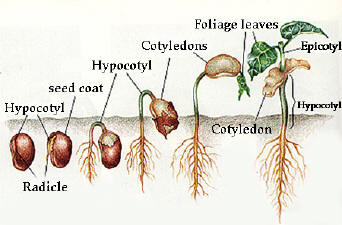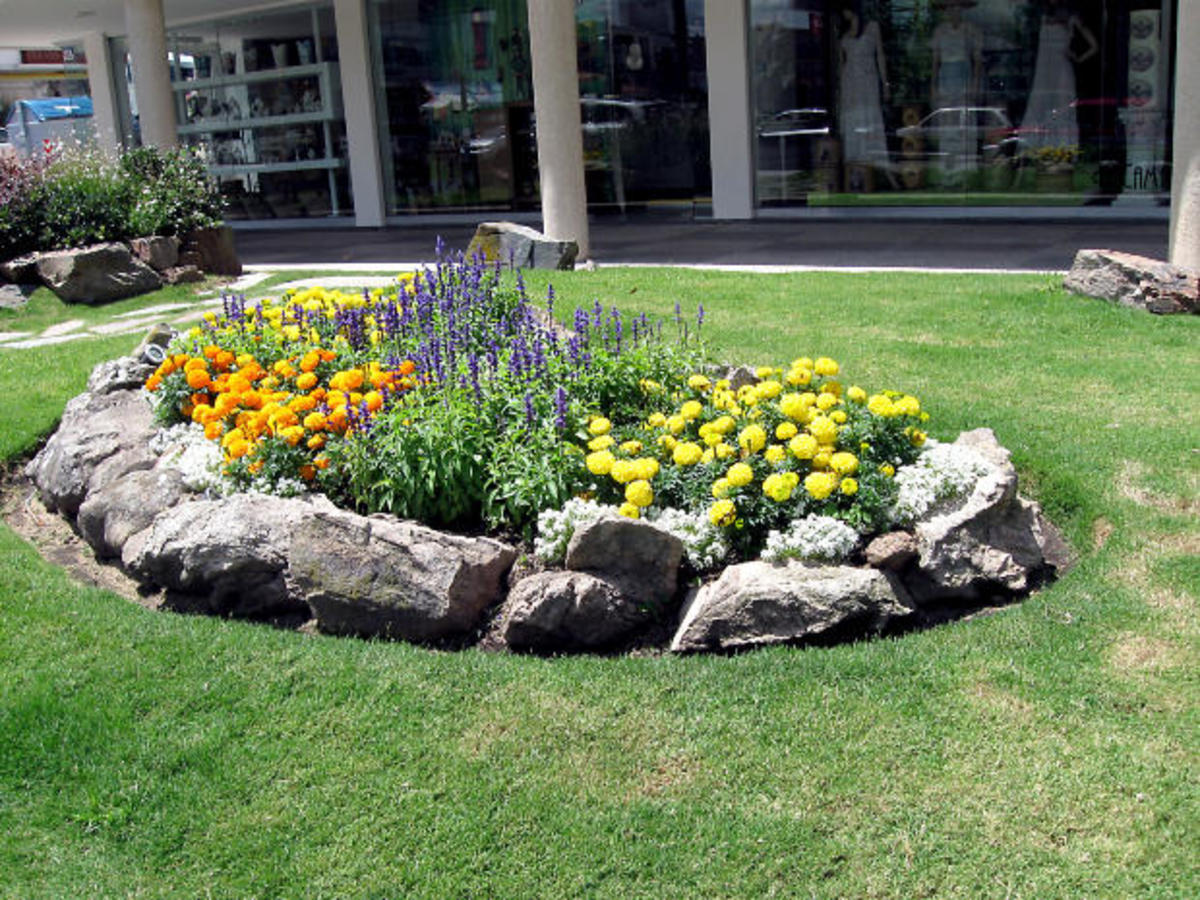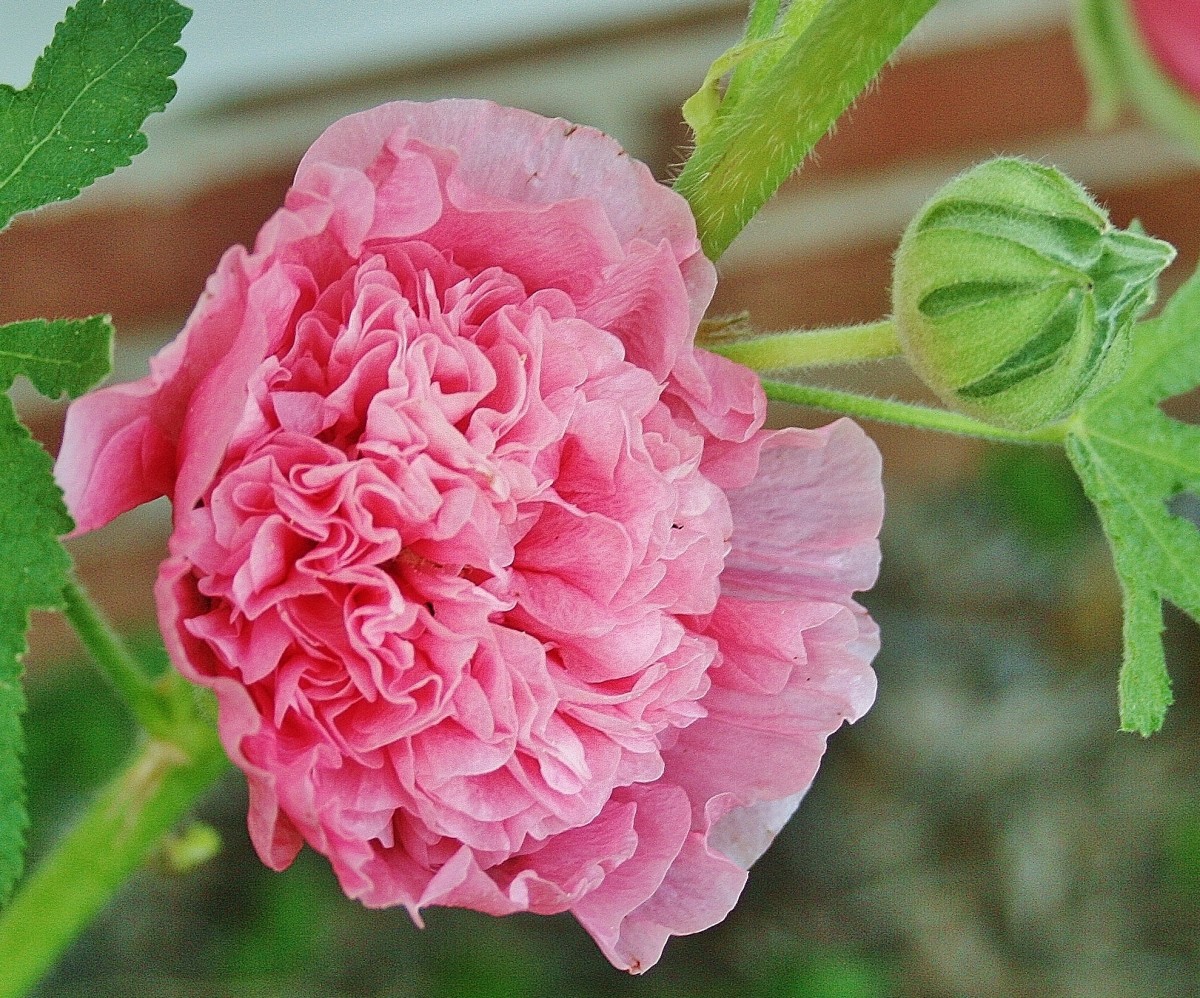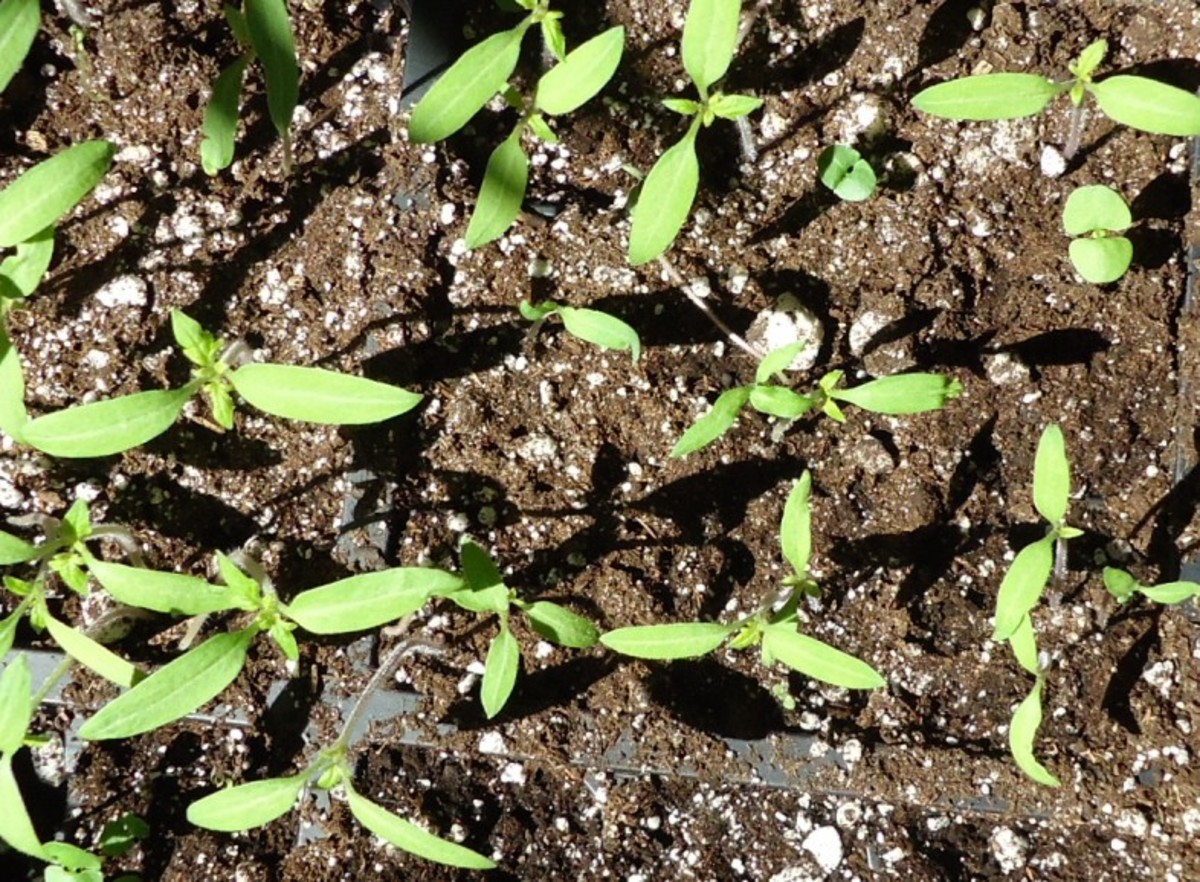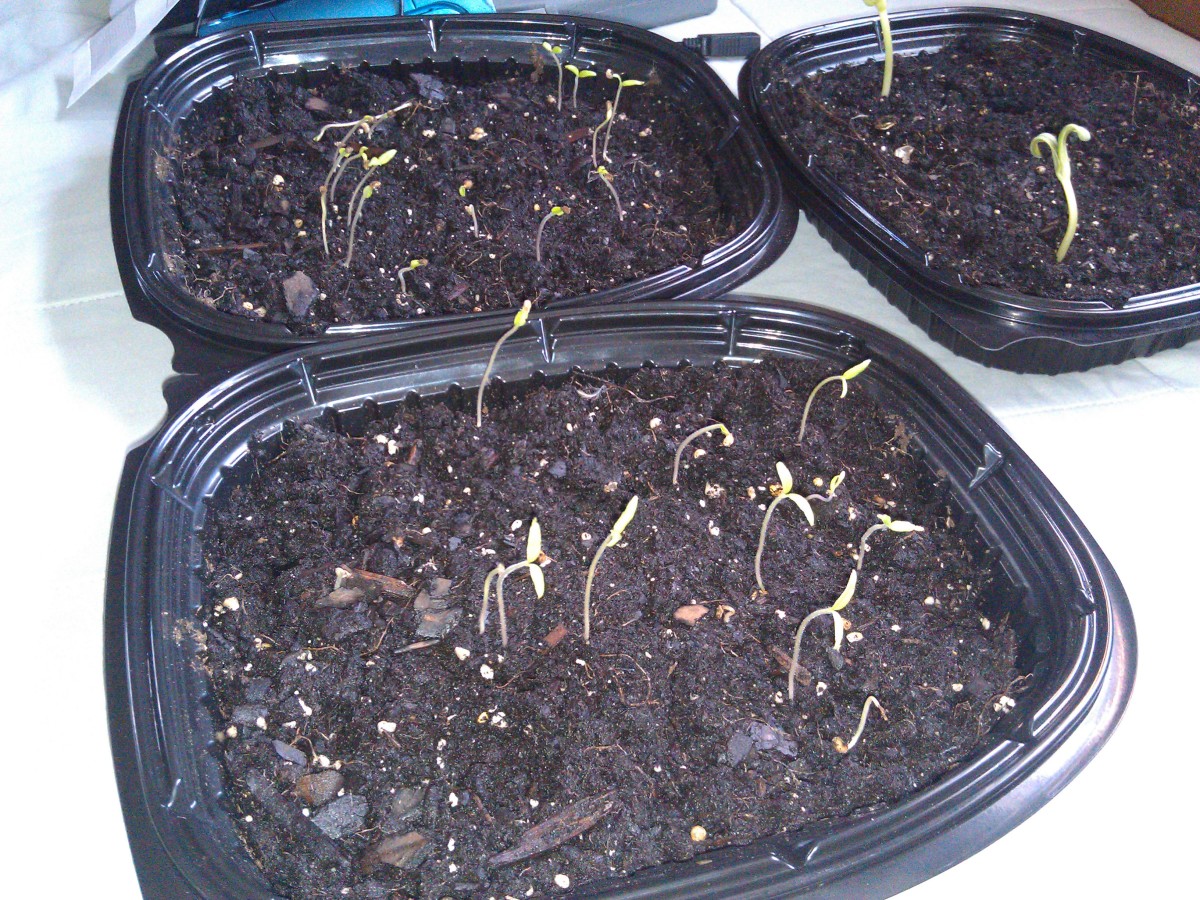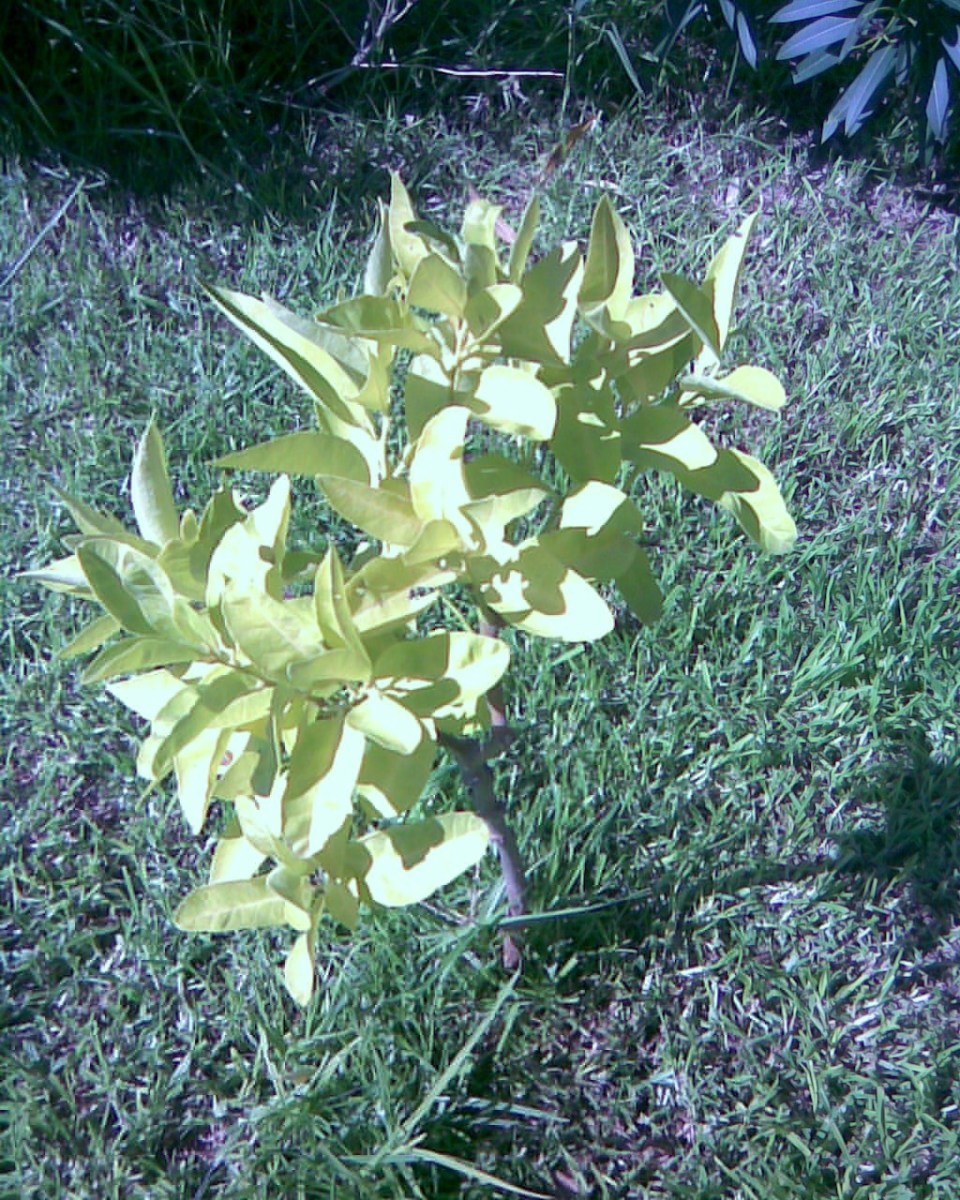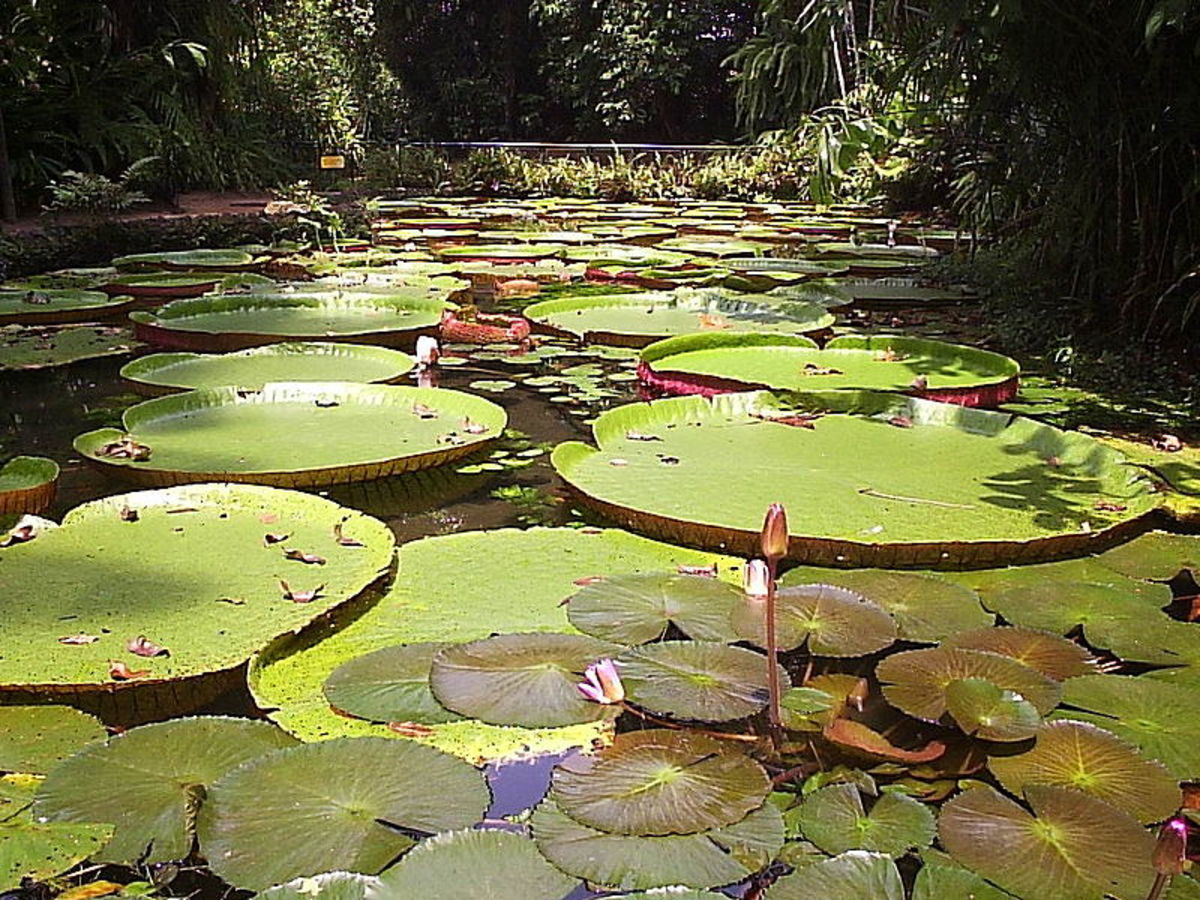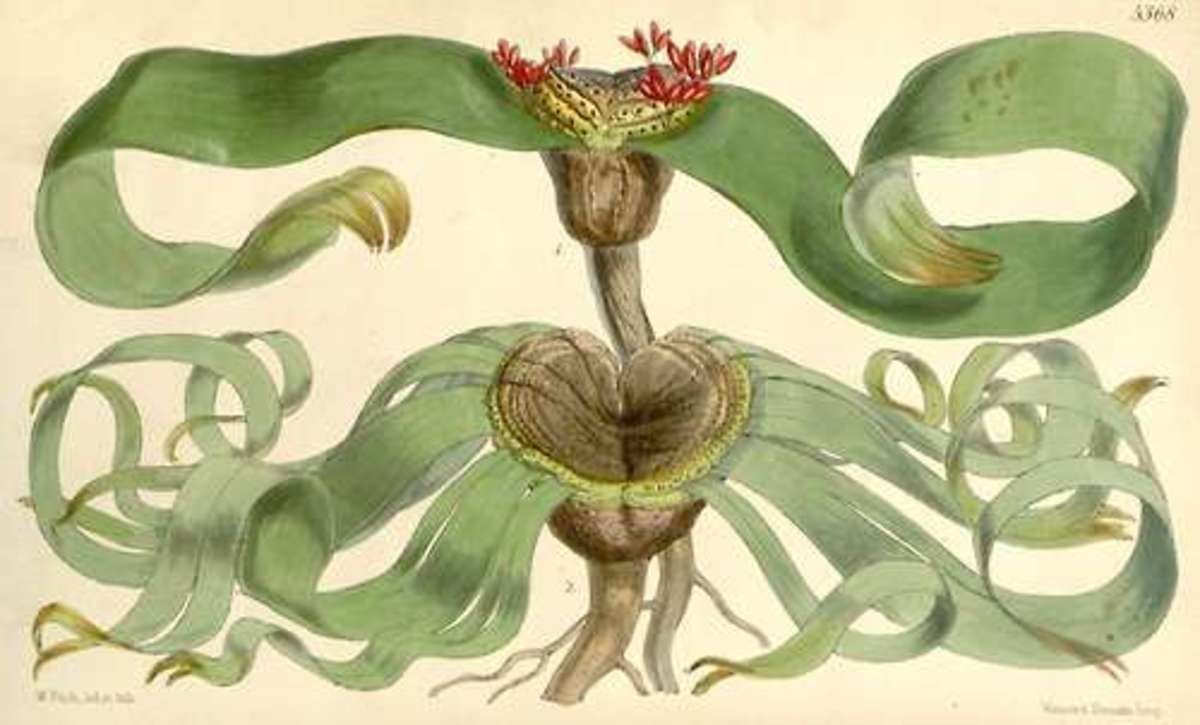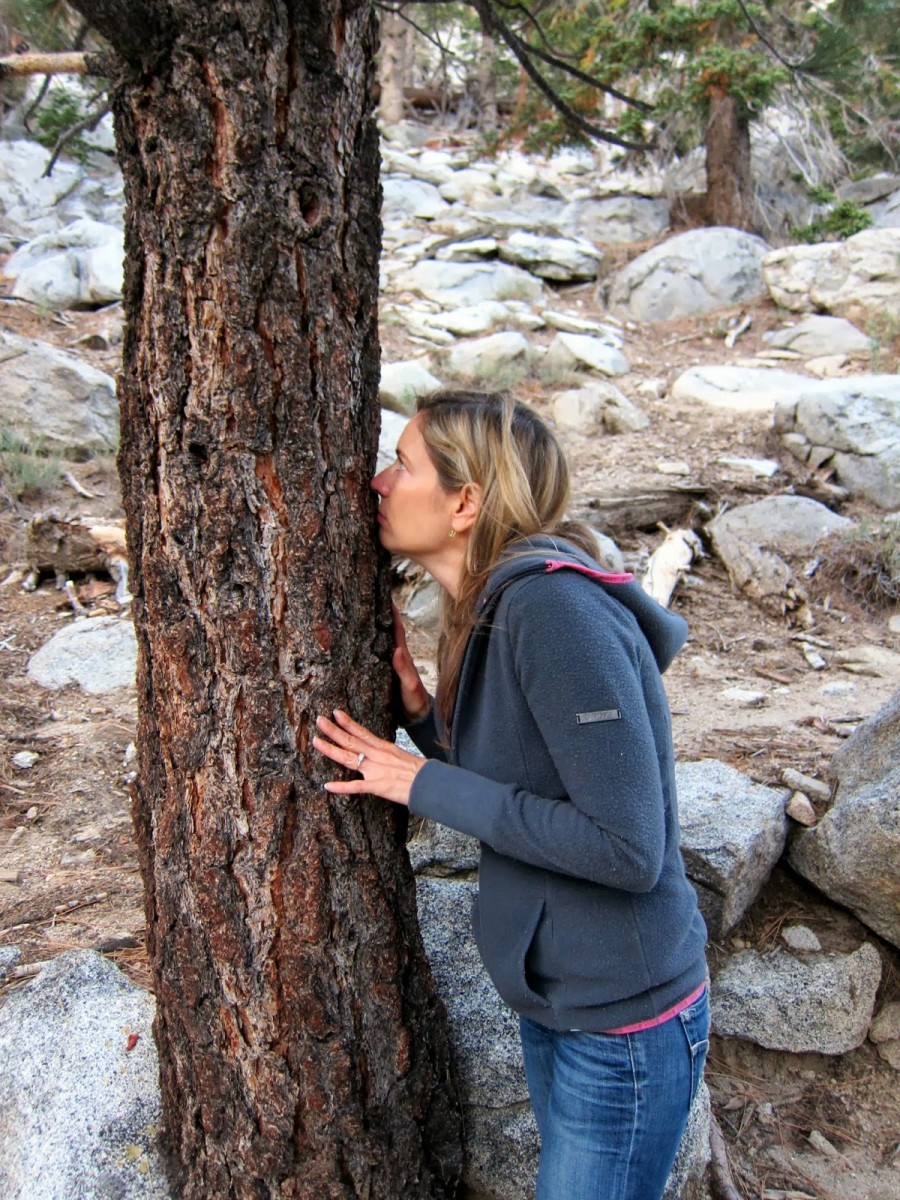When is the best time to start germinating seeds before Spring
When Is The perfect time to start germinating seeds before spring?
With the spring season approaching rapidly, many people are starting to prepare their garden at home or inside their home. With that being said, I have made this guide to help others understand the methods of sowing seeds as well as the proper procedure for getting a seed to germinate.
IMPORTANT: The best time to start germinating seeds before springtime depends on the type of plant you are trying to grow. Certain types of seeds can survive small amounts of frost and freezing temperatures, however the majority of seeds cannot handle cold temperatures. For this reason, you should only plant seeds outside if you know that your winter weather is finished. Generally, I begin planting indoors in late February to avoid freezing temperatures. Then when the weather changes to spring-like weather, i transplant the plant into my garden towards the end of April.
Here are some important things you should know regarding seed sowing
Seeds need water and oxygen to germinate, and it's a known fact that a great place to start the germination process is in the sunlight. Ideal growing conditions for a newly planted seed would include loose soil that is not compact or get soggy. It is very important that you allow free flow of water and air. When you plant a seed in soil, cover the seed with 2-4 times its thickness in soil. But be aware that some seeds require sunlight to germinate, if you aren't sure if it requires sunlight, let it get some sun. I always say a little bit of sun never hurt any seed.
Once your seed is planted and covered in soil, its time to water the soil. Sow lightly with cold wet spring water, and add additional water if it is a warm dry summer. It is also important to know that small seeds such as chia seeds should be planted very shallow in the soil. Chia seeds sprout very fast, and because they are such small seeds they tend to do much better when planted in the soil at a very shallow level (less than 1/2").
As your seed soaks in the soil, make sure that you keep it moist, not soggy, and do not let the soil go dry. The most common reasons for unsuccessful plantation are soil that is too heavy, too wet, too dry, or too cold.
Recommended Gardening Pots
The Proper Technique For Planting Seeds
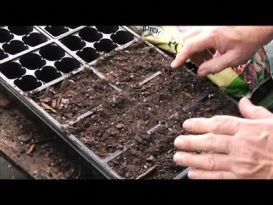
The Ideal temperature for a germinating seed
The majority of seeds germinate best at a temperature of about 70 degrees Fahrenheit. However plants from the arctic, high mountains and high deserts will most likely do best if they germinate in cool temperatures. Most plants that grow naturally in places like California and Chile do well in cool temperatures as well, but warm temperatures will often speed up the germination process. Temperatures that are too high will reduce the seeds chance of survival in the long run and make the plant weaker as it grows.
Estimated Time For a Seed To Germinate
On average, a seed will generate within the first week. Some seeds take around 2-3 weeks and if that is the case they will usually come up at an unexpected time. The truth is, you can expect a substantial amount of variation when it comes to the time it takes for your seed to sprout above the soil. If you ensure that the seed is germinating in a rich environment, that should speed up the time that it takes your seed to sprout.
A Diagram that shows the germination process of a bean
